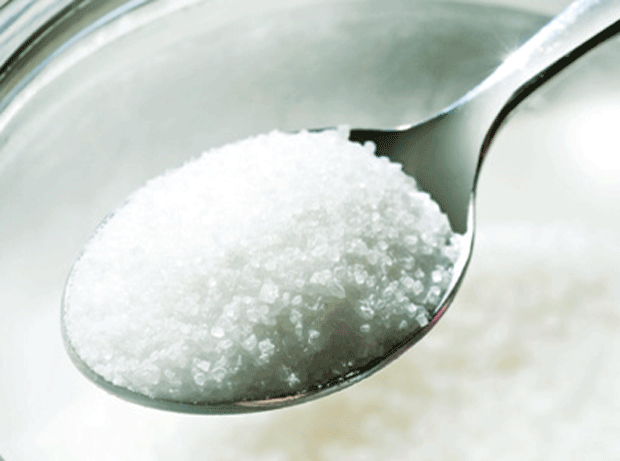
British Sugar said today it was “pleased” UK regulators had declined to open a probe over accusations it had abused its dominant market position - but that didn’t stop shares in owner Associated British Foods hitting their lowest level since January as investors fear the battle is far from over.
The dispute stems from a complaint from sugar distributor Napier Brown, owned by Real Good Food Company, which claimed British Sugar took advantage of its position as the UK’s dominant sugar supplier and sold on sugar at prices well in excess of market levels.
The UK’s Competition and Markets Authority last night declined to investigate the complaint, but crucially did not comment on the merit of Napier Brown’s accusations. Instead the CMA declined to get involved because such an investigation would be so complex, expensive and time consuming (it suggested an investigation would take two years).
In effect, the CMA (which replaced the Office of Fair Trading in April) has just kicked the decision up to European regulators – and Napier Brown seems committed to pursuing its case to the end.
Real Good Food Company said this morning: “Napier Brown has an outstanding offer to take the complaint back to the European Competition Authorities in Brussels and intends to open discussions with them shortly.”
It added that it believed the sting had been taken out of its complaint by the dramatic reduction in sugar prices in Europe, which has created the sheen of competition. Once the sugar supply tightens again, Napier Brown insists light again will be shone on the unfair competitive environment.
In its annual report issued last month, Real Good Food Company chairman Pieter Totté said: “We strongly believe in our case and think that British Sugar’s actions contravene the requirements of the regulatory authorities. Napier Brown has a proud history of bringing competition to the market and we are simply asking to continue to operate under a regulatory regime which has been successful for the past 25 years.”
It’s not hard to see why Napier Brown is so keen to press its case.
For the 12 months ended 31 March, Real Good Food Company recorded an operating loss of £2m compared to an operating profit £4.3m for the previous year. The company said its financial performance “was clearly dominated by the dispute with British Sugar”.
The group’s shares have halved in value to 30p since the start of 2014, having traded at 68.5p in mid-February.
As far as ABF is concerned, British Sugar has been a significant drag on its performance this year. It advised earlier this month that full-year earnings in its sugar division would be “substantially lower”, driven by weaker EU sugar prices.
Shore Capital noted that the division’s prospects for 2015 look “even tougher”, highlighting much weaker selling prices in the EU and global prices continuing to hold back its performance in China.
Given the grim trading conditions, it is in everyone’s best interest the dispute is sorted out sooner rather than later. Unfortunately the prospects of that look slim – not least because this is a row with some history. European regulators fined British Sugar £2.47m for abusing its dominant position in the UK back in 1988.
British Sugar today remained “confident that it had acted appropriately at all times”; it is likely we may have quite a wait before we find out whether the EU agrees.







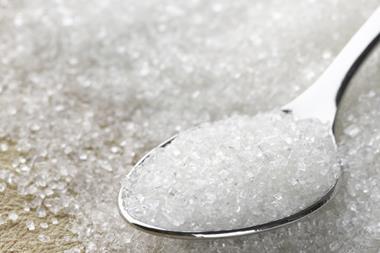


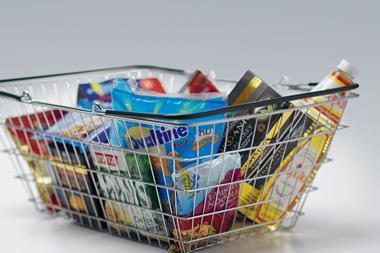
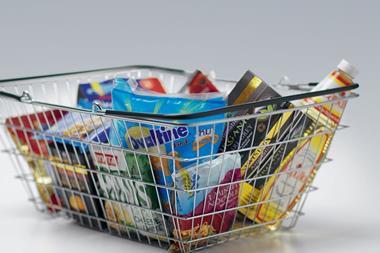
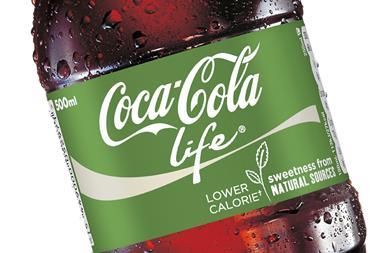






No comments yet